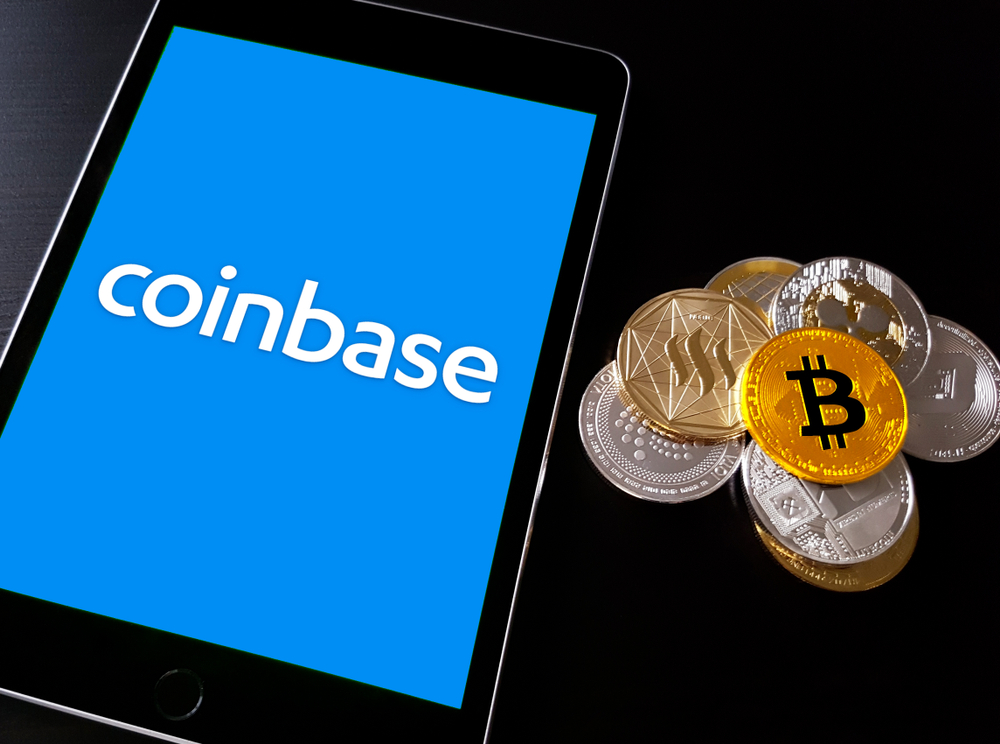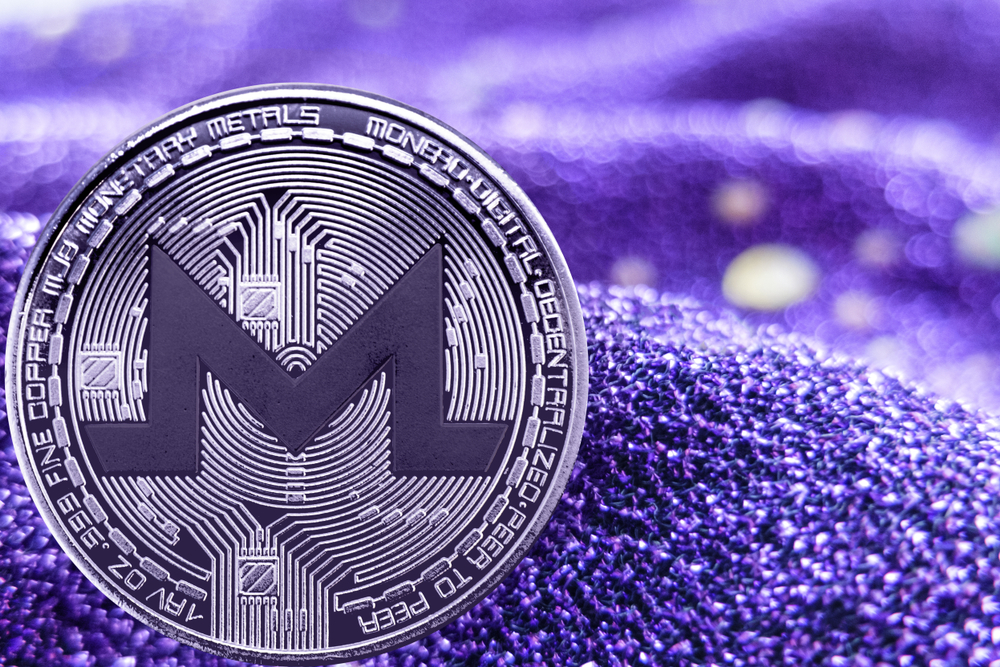Bitcoin users can make transactions without revealing their personal information, but that does not mean they are completely anonymous. This is because a transaction history is usually displayed on a blockchain for everyone to see. Therefore it is possible for investigators to piece together your identity by tracking the movement of the crypto.
But that’s where privacy coins like Zcash, Dash, and Menoro come in. These tokens use various cryptographic techniques to hide details of transactions and protect users from spies.
Many Privacy coins advocates have argued that they can be used for legal purposes by any individual who wishes to evade possible oversight by third parties, enabling them to control what data they choose to share with organizations and companies. Moreover, privacy coins provide the kind of transactional privacy enjoyed by users of physical money in the digital economy.
But the lowlight is that cybercriminals are misusing these privacy coins to obscure illegal transactions like money laundering and ransomware payments. For these reasons, they have attracted interest from law enforcement agencies and regulators.
How Do Privacy Coins Work?
Different Privacy coins work in different ways; however, their common goal is to ensure users’ transaction details are hidden to make it difficult for external parties to track the movements of their crypto.
One of the techniques adopted by some privacy coins involves creating a single-use address for every transaction so that there’s no possible way to connect multiple transactions to one source. The second technique is called zk-SNARK. It is used to encrypt any identifying information.
Further, privacy coins like Monero use ring signatures that link together several user addresses to obscurely sign transactions without disclosing which address actually signed it.
Other privacy coins apply the CoinJoin process, which involves mixing together transactions from multiple senders and then distributing the money across recipients.
What are the Major Privacy Coins?
Monero: This is the most popular privacy coin and has the biggest market capitalization as of this writing. Monero obscures essential details of the sender and recipient along with the transaction amount, using various techniques like single-use addresses and ring signatures. This privacy coin is favored by hackers and is usually used to ask for ransomware payments.
Zcash: This coin employs zk-SNARK to make sure that all required conditions are fulfilled for a valid transaction without disclosing personal and confidential information. Zcash provides different types of transactions ranging from fully private to fully public, making it more regulatory-friendly than its rival, Monero.
Dash: This coin was forked from BTC with the goal of improving upon the original crypto. Dash uses CoinJoin to mix numerous transactions to hide the identifying data. Similar to Zcash, Dash’s privacy features are optional. Users can also use its InstantSend function for fast transactions confirmed within seconds.
Are Privacy Coins Legal?
Privacy coins have been banned in countries like South Korea and Japan. However, they are legal in crypto-friendly territories. But still, exchanges are concerned about potential regulatory battles for listing privacy coins. For example, two years ago, Coinbase CEO Brian Armstrong said he wanted to list Monero on his trading platform but that after conversing with regulators, he was convinced that it was not a battle worth fighting.
Other exchanges, including ShapeShift and Bittrex, delisted Dash and Monero in November 2020 and January 2021, respectively.







